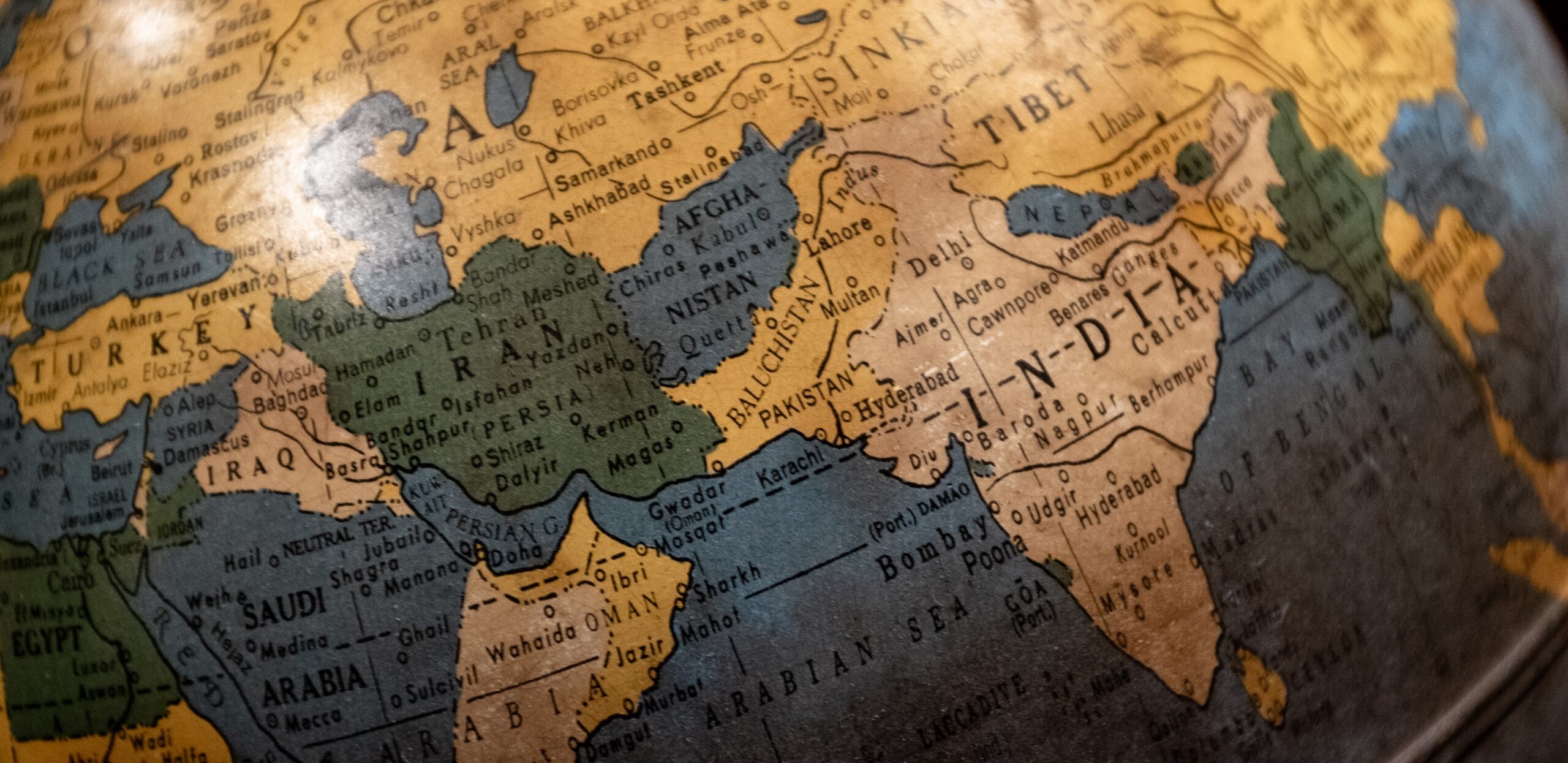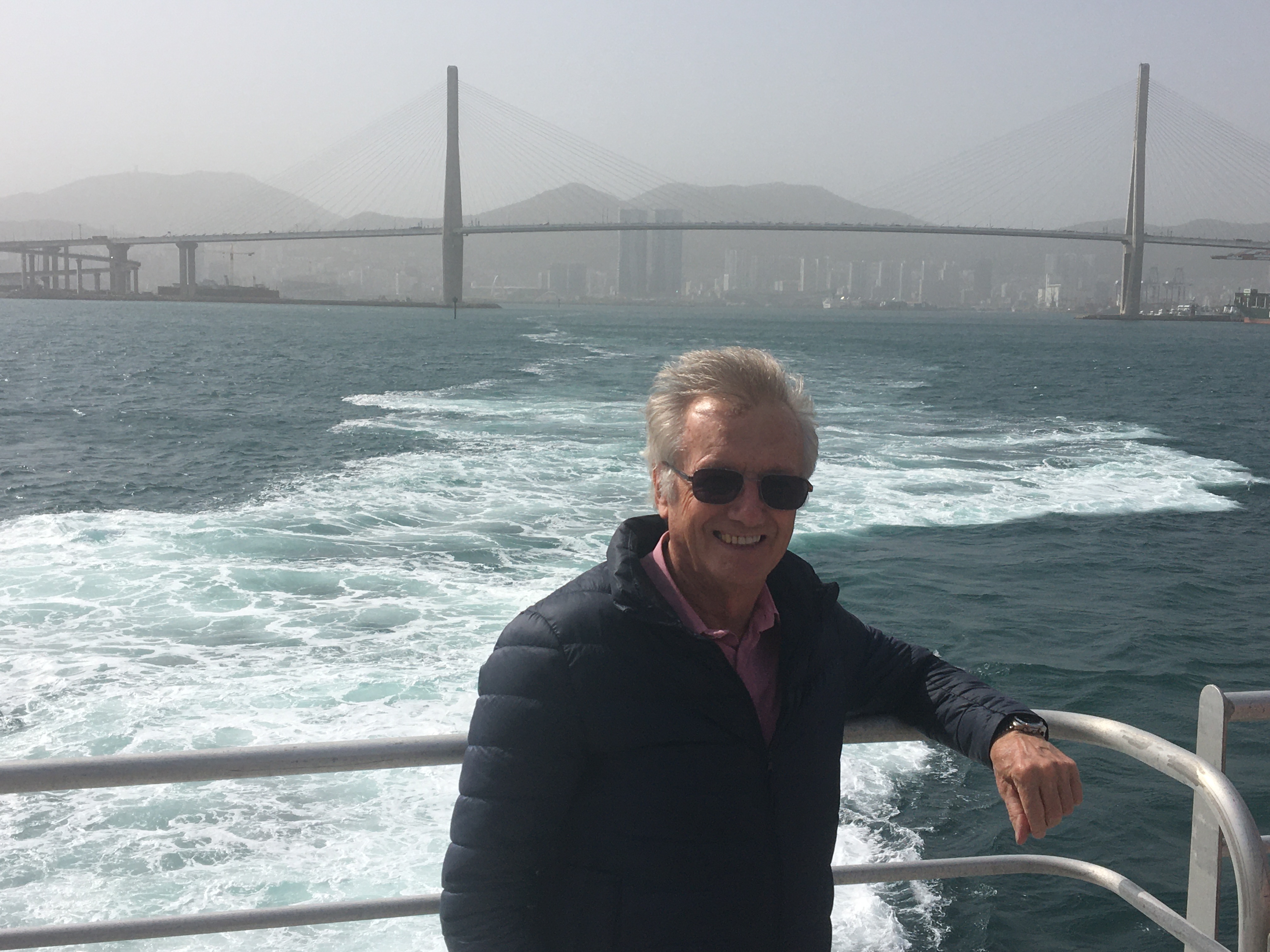The Wheeler History of Travel Writing Programme

The Wheeler History of Travel Writing Programme

Tony Wheeler, University of Warwick alumnus and Co-founder of Lonely Planet:
“This initiative to explore the history of travel writing is a wonderful opportunity to give back and inspire the next generation of travel enthusiasts and scholars. I believe in the power of education and exploration to transform lives.
"As someone who has spent a lifetime exploring the world through writing, I'm excited to see how this partnership can contribute to our understanding of travel and its cultural impact. Together with the University of Warwick, we can embark on a journey of discovery and learning."
About
The Wheeler History of Travel Writing Programme has been made possible through the generous donation of Warwick alumnus and co-founder of Lonely Planet, Tony Wheeler.
Starting out as a journalist at the Warwick student newspaper, Tony Wheeler graduated from the University with a BSc in Engineering Science, 1969 and later received an Honorary Doctor of Letters (DLitt) from the University of Warwick and Monash University in Melbourne, Australia. His transformative adventure along the 'hippie trail' in early 1970s Asia inspired him to pen the inaugural Lonely Planet guide and led him to be distinguished as ‘the patron saint of backpackers and adventure enthusiasts’ by The New York Times. Following the sale of Lonely Planet, he has been actively involved with the Planet Wheeler Foundation's initiatives in South-East Asia and East Africa. He has also played a pivotal role in establishing the Wheeler Centre for Books, Writing & Ideas, contributing to Melbourne's UNESCO City of Literature status.
Over five years (2023-28), the Wheeler programme will offer four fully-funded PhD studentships. In addition, support will be available for undergraduate field-trips, conferences, research travel, and internships to help students at all levels explore their interests in the history of travel. The programme will be based in Warwick’s Global History and Culture Centre (GHCC).

With expertise in Africa, the Americas, Asia and Europe, the interests of the Global History and Culture Centre's members span the globe, and it is the connections between these different regions that are the main focus of the Centre's activities.
Established in 2007, the Centre forms an important part of the Department of History and the wider University. The Centre is at the fore of the development of global history as an integral part of the field of history. It hosts many research projects and fellowships supported by a variety of funding bodies. We engage in teaching, graduate research, host visiting academic fellows, participate in research networks, and organise symposia, conferences, and seminar series.
The Wheeler History of Travel Writing PhD Scholarship
Applications for 2024-2025 entry to the Wheeler History of Travel Writing studentship are now closed. A further two PhD studentships will be advertised from October 2024 onwards for a start in the 2025-2026 academic year.
The programme seeks to attract talented researchers whose projects may focus on any period or region of the world. Applicants are expected to show that their project is primarily historical in nature, engaging with travel and travel writing as a historical practice and/or source for historical research. Candidates who adopt a global historical perspective and have the ability to work with sources in more than one language are particularly encouraged to apply.
Successful applicants will benefit from the wide-ranging expertise represented by Warwick’s Department of History and its Global History and Culture Centre as well as the range of training and development opportunities offered by the Department and Doctoral College. Candidates are encouraged to explain how their proposal fits within the department’s existing research profile.
We welcome projects that engage with the history of travel and travel writing from a variety of perspectives and disciplinary approaches, including global history, the history of science and technology, environmental history, histories of race and empire, gender history, the history of material culture, and postcolonial studies. Candidates interested in co-supervision across departments (e.g. with English and Comparative Literary Studies, School of Modern Languages and Cultures, Politics and International Studies) are invited to indicate their preference on their application. Potential areas of focus include, but are not limited to:
- Travel advice literature, from merchant manuals to commercial guidebooks
- Travel, gender, and intersectionality
- Travel and travel writing from the Global South
- Difficult destinations and dark tourism
- Vicarious travel, from armchair geography to VR
- Underrepresented histories of travel and global inequalities
- Travel, sustainability, and the environment
Candidates will be expected to engage in the intellectual life of the department through participation in the activities of its research centres and to actively communicate the results of their research through conference presentations, publications, and public engagement.
For further information, please contact Dr Guido van Meersbergen (Director of the Global History and Culture Centre) or Professor Mark Knights (Postgraduate Research Director).
Eligibility and Guidance for Applying

Candidates can be of any nationality.
It is essential that applicants identify a potential supervisor and discuss your research proposal with them before application. A list of potential supervisors is available via the History Academic Staff index, but if you are unable to find a suitable supervisor please contact either Dr Guido van Meersbergen or Professor Mark Knights for advice.
Applicants must:
- Apply to Warwick for a History MPhil/PhD to begin in Autumn 2024 by the deadline indicated in the How to Apply section below. There is no separate application process for the Wheeler studentships but candidates should indicate on their application that they wish to be considered for it.
- Submit a research proposal with the research theme related to the History of travel and travel writing. The proposal should be up to 2,000 words, excluding footnotes and an illustrative bibliography. Your proposal should explain the novelty and significance of your project, its methodology, and the contribution it seeks to make to existing scholarship on the history of travel and travel writing. You are expected to identify a potential supervisor and discuss your research proposal with them before application. You should also indicate potential supervision arrangements in your application. The research proposal should be uploaded to your Warwick MPhil/PhD application by the application deadline indicated below.
- Submit an additional 300 words (which should be uploaded to your Warwick MPhil/PhD application), explaining how you will seek to make your project engage with, and be accessible to, a range of publics.
- Meet the entry requirements for the History MPhil/PhD.
- Candidates may hold an MA at the time of application, or be working towards a Masters qualification that you will have completed by the time your PhD begins (even though the result may not be known and the final examination board may not yet have taken place).
-
Applicants may come from an academic background that is not in History, or might, in exceptional circumstances, have professional and/or creative experience that is highly pertinent to their proposed research but not a History MA. In such cases, candidates must clearly demonstrate in their research proposal, their preparedness to undertake a History PhD, their project's relevance to the discipline of History, and its fit with the History Department/GHCC, since these will be part of the criteria used to evaluate applications.
- The Department may require attendance at the taught MA module Theories, Skills and Methods and other elements of the MA programme deemed necessary to provide the skills, knowledge and approaches required.
Award Details
Awards made for entry in Autumn 2024 will include the following:
- Full payment of tuition fees at the UK or O/S rate.
- A maintenance stipend paid at the prevailing UKRI rate for 3.5 years.
- A Research, Training and Support Grant (RTSG) of up to £3000 per annum for 3.5 years.
- A one off £1500 conference and public engagement fund.
The award will follow the terms and conditions of the Doctoral College Funded PGR Policy.
Please note that the Doctoral College funded PGR Policy is subject to annual review and may change.
Course Application Deadline: TBC - Details will be published in October 2024
Supporting Documents* Deadline: TBC - Details will be published in October 2024
* Deadline for receipt of references and any further requested application documents
How to Apply:
- Prepare your application. We strongly advise contacting your potential supervisor ahead of making an application as they may be able to provide comments and suggestions on draft research proposals. All applicants should meet entry requirements for the History MPhil/PhD.
- Applications for this award will be ranked using the attached scoring criteria.
- Submit your course application by the stated deadline.
- The following documents should be uploaded to your application:
- A detailed research proposal (see above).
- An additional 300 word document, explaining how you will seek to make the project engage with, and be accessible to, a range of publics. This document can be uploaded to your application using the document upload facility.
- Two academic references*.
- Evidence of achieving a minimum of 2:1 undergraduate degree (transcript and certificate).
- Evidence of Master's degree (or equivalent) in History or a closely related subject (preferably at Merit or Distinction). Applicants may be working towards a Masters qualification that will have completed by the time the PhD begins. In these cases we would expect a provisional transcript or HEAR, and confirmation from a current tutor or MA director that the applicant is on track to complete. If the candidate wishes professional or creative experience to be considered in lieu of an MA they should submit evidence of this and a rationale about how it relates to the proposed research.
- Evidence of meeting English Language requirements.
- In the Funding Information section of the application form, please list the "Wheeler History of Travel Writing Scholarship".
- A personal statement is not required
- Submit your supporting documents by the stated course deadline with your MPhil/PhD application. Any missing documents will be requested following review after the course application deadline, and candidates will have until the supporting document deadline of TBC to provide the requested information.
* Referees will receive a reference request via a secure online link once the course application form has been submitted. All references must be submitted by TBC.
